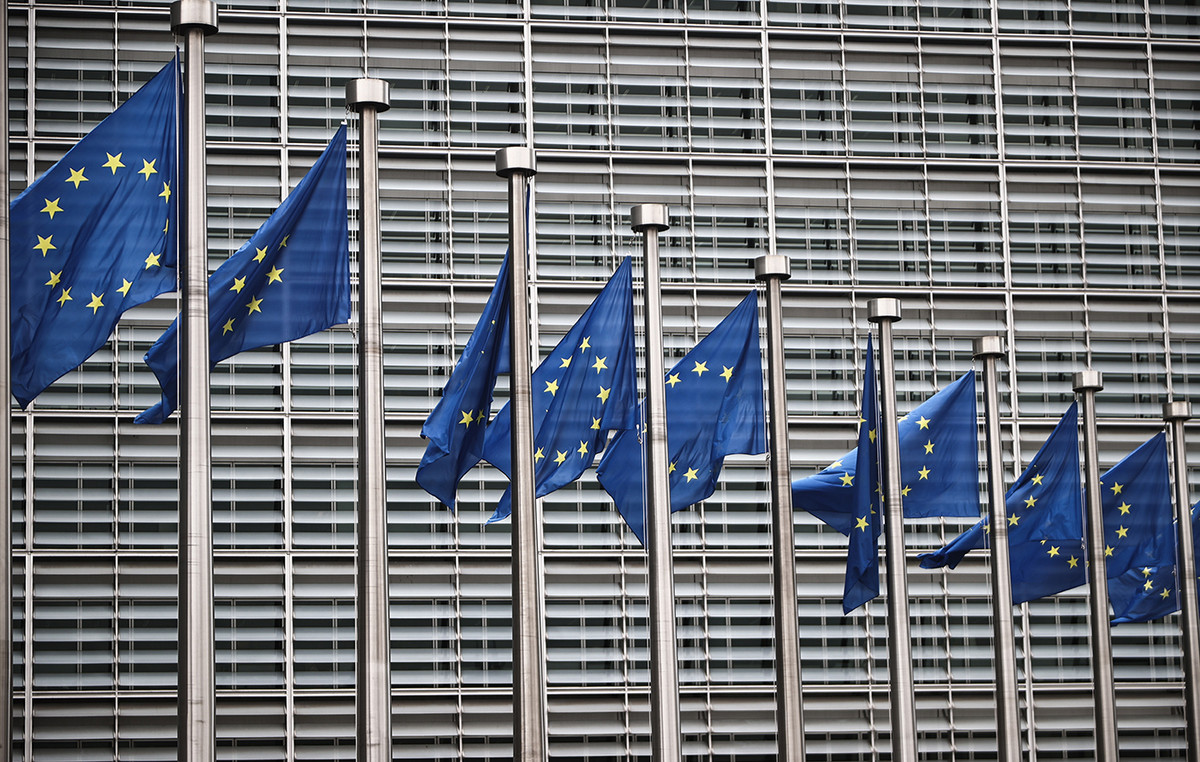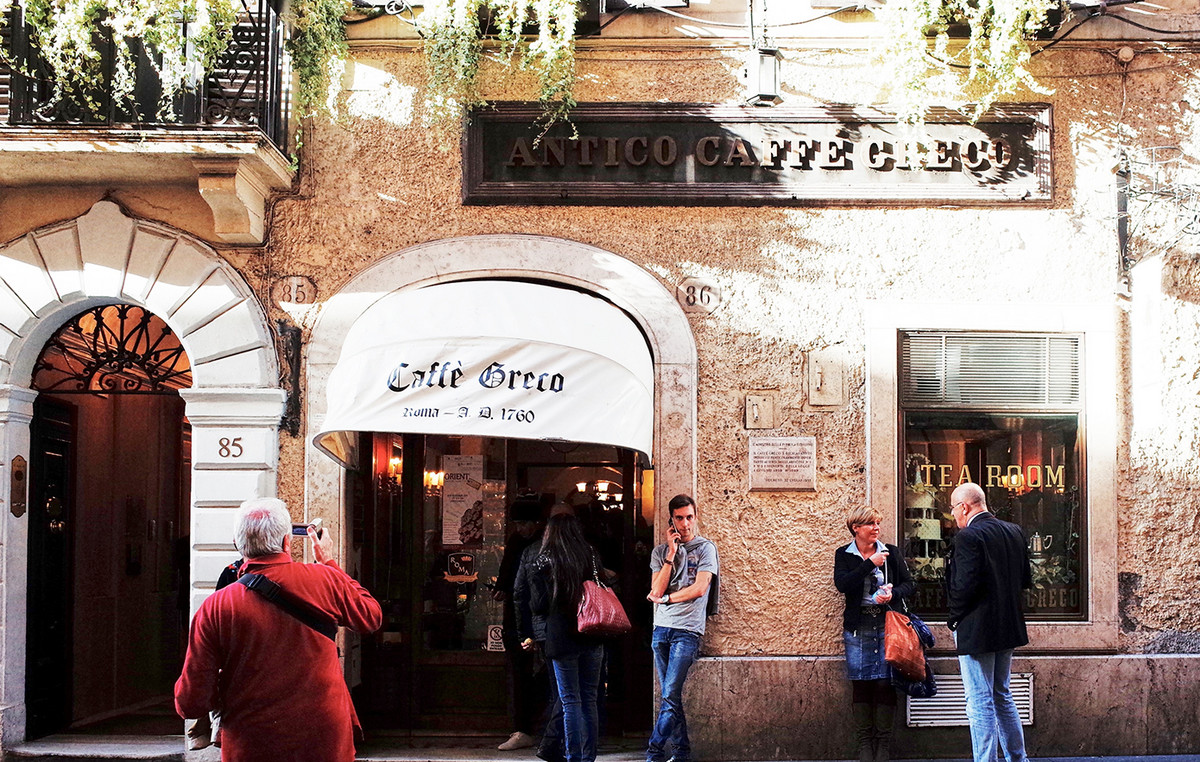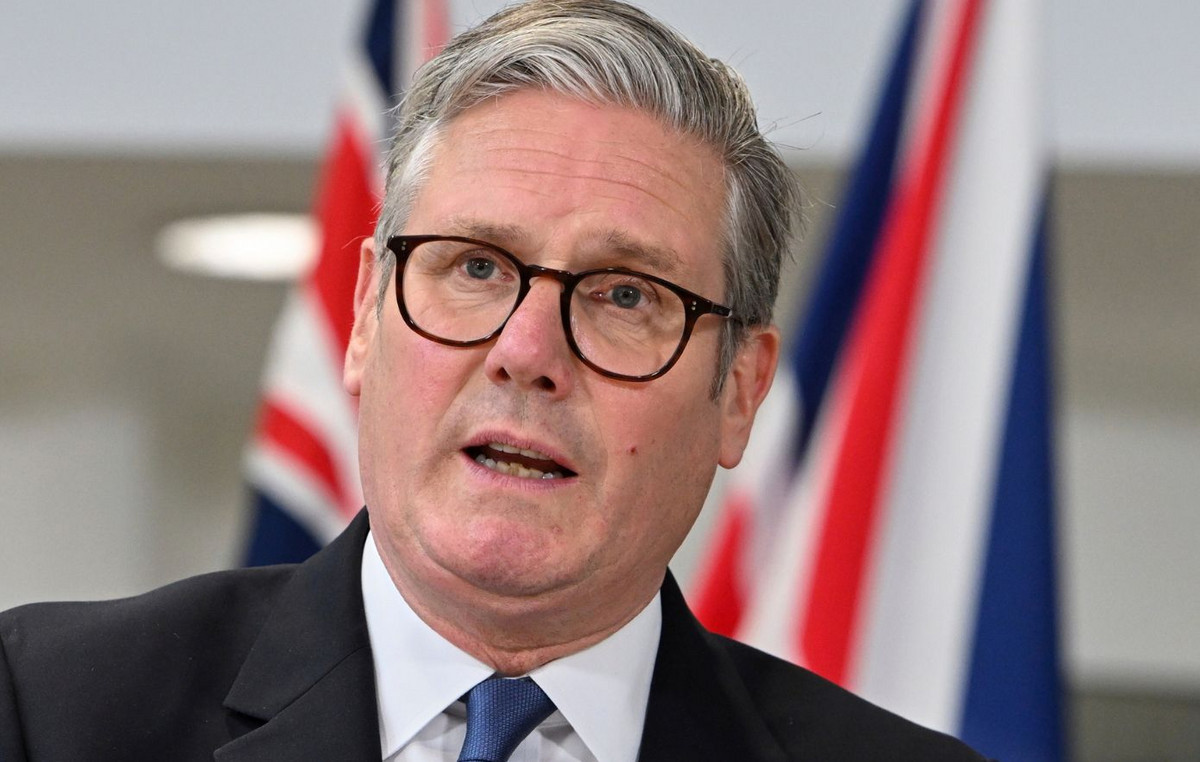The youngest president to be elected in Chilean history, former leftist student leader Gabriel Boric, has nearly three months in office. However, even with little time in power, the problems are already many.
The record high of inflation and the economy growing less than expected; a rapid drop in its popularity; the demand from its socialist base to reduce the number of private services in the economy and the difficulty in getting tax reforms approved, which would lead to tax increases; in addition to changes in pension rules.
For Chilean economist Tomas Flores, the time is not the best for negotiations. “The situation in which the new government takes over continues to be a series of challenges. Reforms like these, which are very important for Chile, can effectively be carried out in a context of much discussion. Because what we cannot do is, precisely, raise taxes without considering that Chile is growing very little. And in this context, the result would be the worst expected”, said Flores.
And in the midst of all this, Chileans are still preparing for a historic moment: rewriting the country’s Constitution.
Last month, the government announced a referendum for September 4th. On that date, the population will vote for or against the new Magna Carta.
The professor of International Relations at Unifesp Carolina Pedroso explains that “the most controversial topics that are being discussed today are about the indigenous issue”. “So, there is a proposal for coexistence between the current system and a specific judicial system for indigenous people. So, part of the population looks at this with great fear that parallel judicial systems will be created,” she comments.
The attempt to change the rules that will govern the state is a response to the protests against former right-wing president Sebastian Piñera in 2019. He has faced political crises and allegations of corruption.

Economy
In the economic field, Chileans fear they are reliving the results of 2020, when the country’s economy shrank 6%, in what was the worst recession in four decades, because of the pandemic.
Inflation has already exceeded 10% in the last 12 months ending in April. Since 1994, this index has not exceeded two digits.
Computer technician Ignacio Yañez, who lives with his wife and newborn daughter in Santiago, the country’s capital, is feeling the effects of this rise in prices. he told the CNN who had to double the work shift to be able to support the family.
“The main difficulty we have is that everything is very expensive. In the supermarket everything has increased in price. We stopped buying meat because it is too expensive. I have to work until two, three in the morning to be able to support my daughter, so that she doesn’t lack anything, because she is only two months old”, lamented Yañez.
One of the factors for the high inflation is the adjustment of fuels. Worldwide, the war in Ukraine has driven up the price of oil. As Chile depends on imports of the product, the entire production chain was affected, starting with the transport sector.
And the result on the streets was protests against Boric’s government, such as one that took place on the Labor Day holiday this month.

Mining
Mining is also in the midst of a controversy. It will be up to Gustavo Boric to sanction –or not– a project that has already passed the Chamber of Deputies and a Senate committee on the readjustment of the tax levied on the sector.
Mining companies say that if the law is passed, it will hurt small businesses and could jeopardize 40% of ore production, mainly copper. Chile has the world’s largest reserves of the metal, which is indispensable for the industry. The export of the product alone represents 20% of annual revenue from public coffers.
Boric has already said he is in favor of raising taxes, especially for mining, to increase government cash. Although exports grew last year, the imbalance in the trade balance helps explain the crisis in Chilean finances.
Diversify the economy, increase efficiency and rewrite the Constitution. These are emergency measures to attract foreign investment.
“You only attract foreign investors if you have an economic structure and a promise that the economy will grow, it will reciprocate. So here’s the thing: the economy needs to be in a good performance situation for foreign investment to come in”, comments economist Luiz Gonzaga Belluzzo.
Source: CNN Brasil
I’m James Harper, a highly experienced and accomplished news writer for World Stock Market. I have been writing in the Politics section of the website for over five years, providing readers with up-to-date and insightful information about current events in politics. My work is widely read and respected by many industry professionals as well as laymen.







